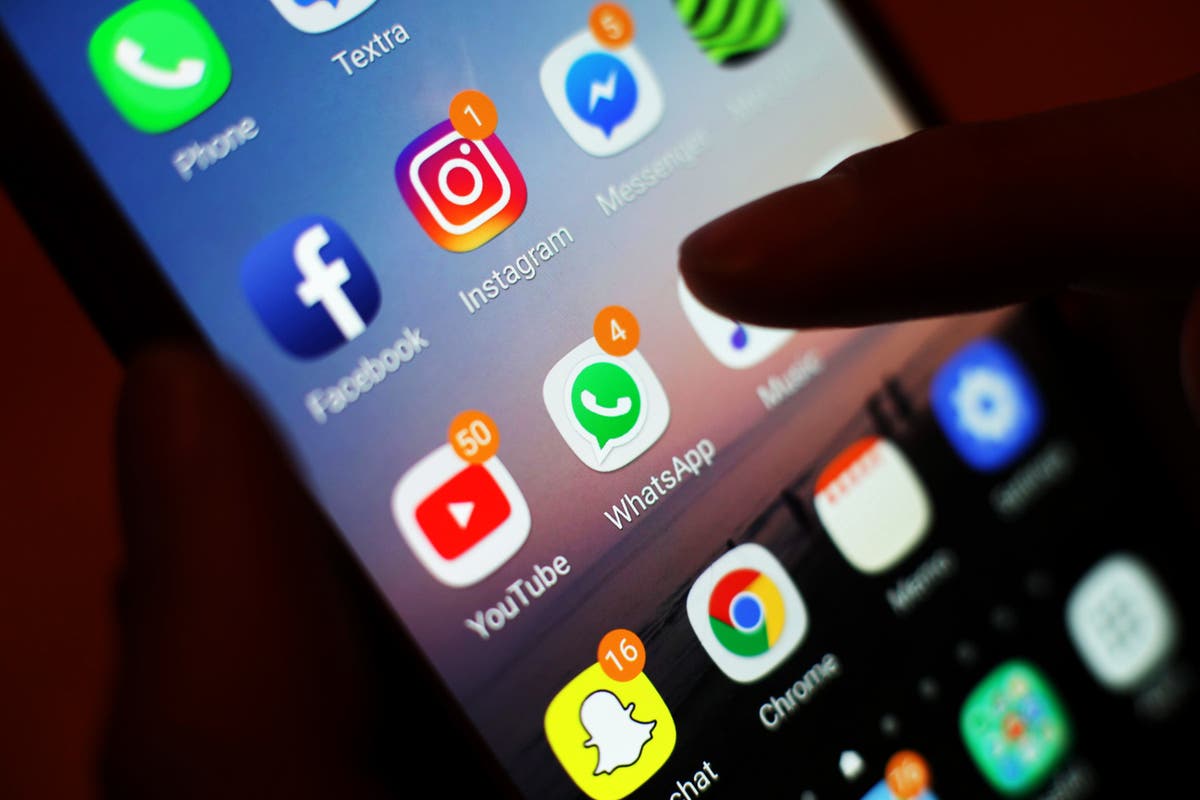Health experts have called for more to be done to protect teenagers from “potentially damaging” social media use after a new study found that a rising proportion are showing addictive-like behaviours towards the online platforms. A new study found that an average of 11% of teenagers across 44 countries display “problematic” social media use. This has increased since before the pandemic when some 7% displayed so-called problematic social media use, characterised by addiction-like symptoms including: neglect of other activities in favour of spending time on social media; a preoccupation with the platforms; frequent arguments about use; lying about how much time is spent on social media; an inability to control social media use and experiencing withdrawal when not using it.
Higher than average problematic social media use was recorded in England and Scotland compared to other countries examined in the Health Behaviour In School-Aged Children study. Some 14% of teenagers in England and Scotland showed addictive-like behaviours towards social media. In Wales , the figure was 12%, according to data from the study, which has been published by the European arm of the World Health Organisation (WHO).
In 2022, more than one in five (22%) 13-year-old girls in Scotland displayed addictive-like behaviours towards social media, up from 11% in 2018. And in England, prevalence increased from 12% in 2018 to 23% in 2022. Meanwhile, across all countries, some 36% of teenagers reported �.


















